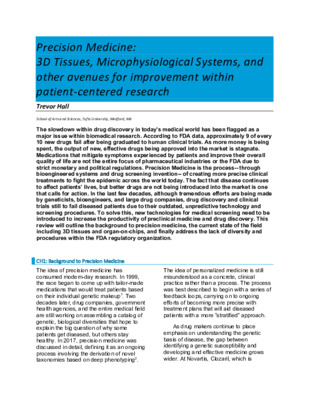My leadership project this summer focused on a nonprofit initiative that has been important to me for several years now: college access to low-income, first-generation communities.
Matriculate is a nonprofit that matches college students to mentor lower income highschool seniors throughout their college application process. The nonprofit focuses on training mentor volunteers(colleges students like myself) who provide informational and social support for communities who typically do not have that support when applying to college.
I started my journey with Matriculate two college application cycles ago, and since then I have mentored seven college students to get into colleges. This mentorship is important because these students are typically students from backgrounds in which their parents have not gone to college themselves, so they have little support in the hidden curriculum of the college application process. From mentoring and working as an intern in recruitment for a semester last year, I have come to better understand the many discrepancies in knowledge for students applying to college. For example, many high achieving lower-income students don’t recognize that many institutions within the country actually support full need, meaning that some private institutions can be much more affordable than their state schools or public institutions. The challenge, though, is gaining acceptance to one of these institutions especially considering the most selective universities across the country are typically the ones that provide the best financial support for these students from these disadvantaged backgrounds.
My life has changed attending a university that fits my ambition, my purpose, but most importantly, attending a university that supports me financially. Not having to stress and worry about financials for once in my life has truly helped me give myself the time I need to grow into the student and person I am today. Due to this close connection I have to the first-generation low-income community, I strive to do whatever I can to get my mentees into colleges that support them financially. Whatever it takes: sometimes that will be staying up late on Sunday evenings editing several drafts of essays, others it will just be calling my students to reassure them through the financial aid application.
College access is important, and from my work with Matriculate I decided that throughout COVID19, I foresaw a huge change occurring in the college application process. A change that I thought would likely negatively affect these high school students. With COVID19 and the changes to the college application process, like SAT/ACT exams being optional and other parts of applications being weighted more, I found it necessary to launch my own website Strive25. Strive25 aimed to provide high school students important resources about the application process. I also hoped to provide any student, even outside of Matriculate, a way to connect with me personally and even with other college students who go to top universities across the country. I knew that college visits were not going to be as feasible due to travel restrictions during COVID, so I wanted high school students to be able to email and connect with a student at any university who was also first-gen low income. This one-on-one connection, I hoped, would allow the students a better understanding of the universities considering they likely wouldn’t even have the chance to step on campus (especially or students getting into colleges 1000s of miles away from their hometown). My work for Strive25 was centered on the idea that disadvantaged students deserved as much guidance as they could get throughout the sanity that was COVID19, and I hoped that through it I was easing the stress and confusion that the college process was during 2020-2021 application cycle.
This year for my leadership in action project I am using national data provided by the Department of Education and comparing that data to surveyed high school students from Matriculate’s program. These students would have applied to college during the pandemic. From the national data, I hope to use students’ income status, their parent’s highest education level, their enrollment status freshman year of college and senior year(to compare how many students across the united states stick in college), and how many colleges each student applied for.
To gather information from students who utilized matriculate’s mentoring services, though, I have been working on getting enough feedback via a survey that I created. I hope to compare the national data to matriculates survey data that I collect throughout the next semester. This data will be quintessential for Matriculate’s board members to use for further donations and funding that they receive. A key stat that I hope to focus on within my comparative study is how many people who got into college from the national study actually went to college, and how many of the students who got into college through matriculate actually went to college.
The study is still in the works and I hope to be finished within the next year, but because I have run into not receiving enough substantial survey feedback from the last year’s matriculating class, I have expanded my survey outreach to students who have done matriculate mentoring in the last 2-3 years, however, this may bring in some confounding variables due to last year’s application cycle being COVID19 year, whereas the other years were not. Nevertheless, I hope to get enough substantial information to help the nonprofit Matriculate get more funding for future years. Matriculate is important. College Access is important. And in giving this data and comparative study to Matriculate, I hope to fund many more mentors who will eventually aid in getting more high school students into universities that will provide them financial stability and opportunities that these communities deserve to have.
